The National Assembly Chairman said that the idea when amending the Law on Government Organization is to promote decentralization and delegation of power so that the Government can remove current and future difficulties and obstacles for the country to develop; ensuring that "soft ropes must be tied tightly".
On the morning of February 5, the National Assembly Standing Committee gave its opinion on the draft Law on Government Organization (amended). One of the contents discussed was the provisions on decentralization and delegation of power.
Promote decentralization and delegation of power
Presenting the Government's report, Minister of Home Affairs Pham Thi Thanh Tra said the goal is to amend, supplement and perfect regulations on principles of organization and operation of the Government; tasks and powers of the Government, Prime Minister and Government members, creating a legal basis for innovation and effective and efficient organization of the state administrative apparatus.
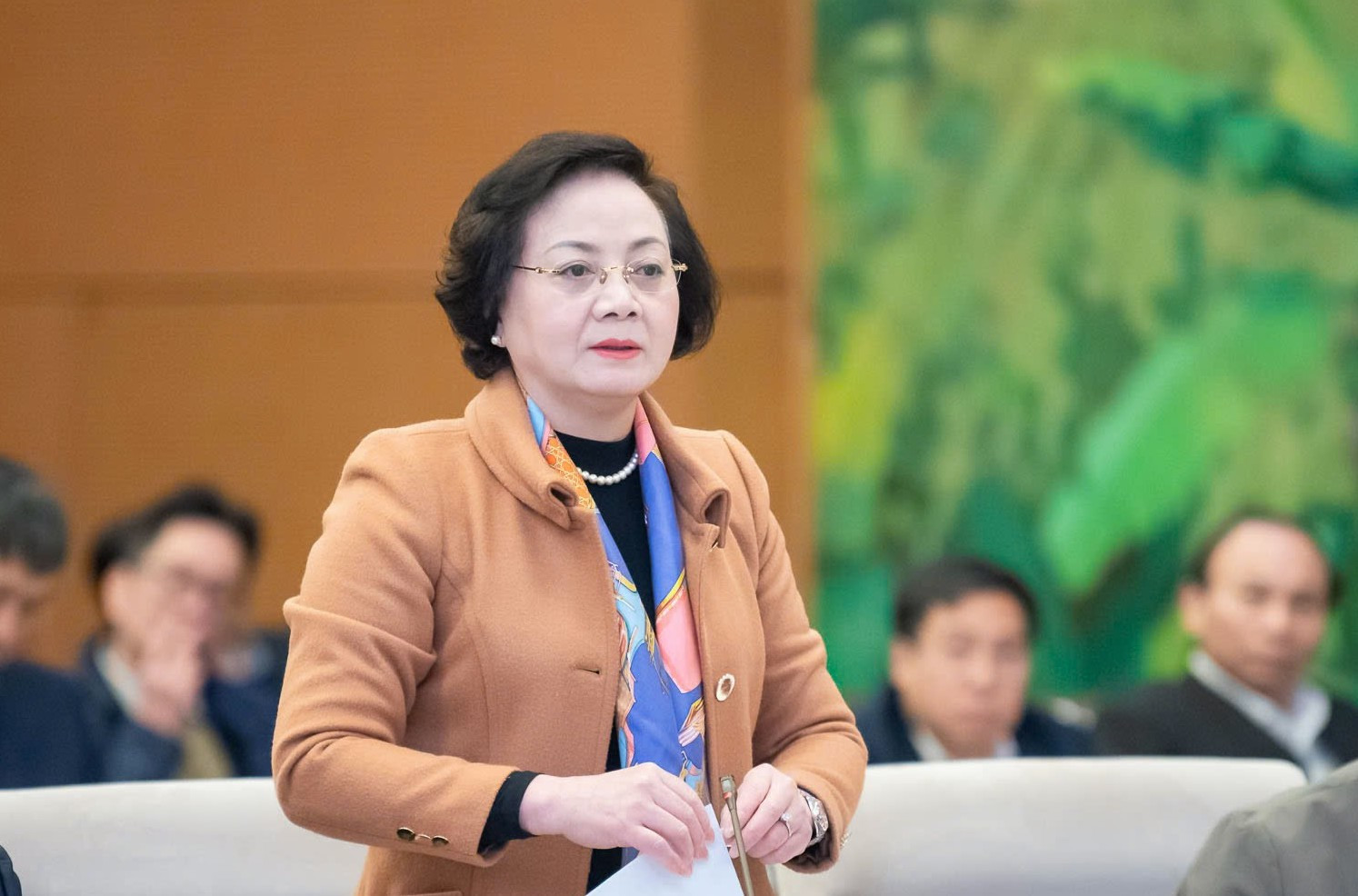
Along with that, promote decentralization and delegation of power, promote a developmental government, meet the requirements of building and perfecting a socialist rule-of-law state.
During the preliminary examination, Chairman of the Law Committee Hoang Thanh Tung said that the Standing Committee of the Committee agreed with the content of decentralization in the draft law to institutionalize the conclusion of the Politburo, creating an important legal basis to "strengthen the autonomy, proactiveness, creativity, and self-responsibility of agencies, units, and localities associated with enhancing the accountability of leaders and strictly controlling power".
Mr. Tung suggested that the drafting agency continue to research and perfect the content of the decentralization principle, clarify the decentralized subjects and the responsibility mechanism of the decentralized agencies to ensure consistency and unity with the provisions of the draft Law on Organization of Local Government (amended).
The auditing agency proposed to supplement the decentralization principle in the direction that when implementing decentralization, it is necessary to ensure consistency between the decentralization of tasks and powers and the decentralization of administrative procedure settlement.
From there, it creates favorable conditions for decentralized agencies to be proactive in handling work, promoting administrative procedure reform associated with enhancing the responsibility of agencies and improving the quality and efficiency of service to people and businesses.
No more asking and giving mechanism
National Assembly Chairman Tran Thanh Man expressed his opinion that the amendment to the Law on Government Organization is that the National Assembly should decentralize and delegate more power to the Government so that the Government can be proactive.
“The great idea is for the Government to remove current and future difficulties and obstacles for the country to develop. We must ensure that the ‘soft ropes tie tightly’. The ‘ropes’ are ours and the ‘ties’ are also ours,” the National Assembly Chairman likened.
Therefore, he suggested paying attention to unifying the provisions related to decentralization and delegation of power in this law with the Law on Organization of Local Government, Law on Organization of the National Assembly, Law on Promulgation of Legal Documents, Law on Supervisory Activities of the National Assembly and People's Councils, and a number of laws on management of sectors and fields.
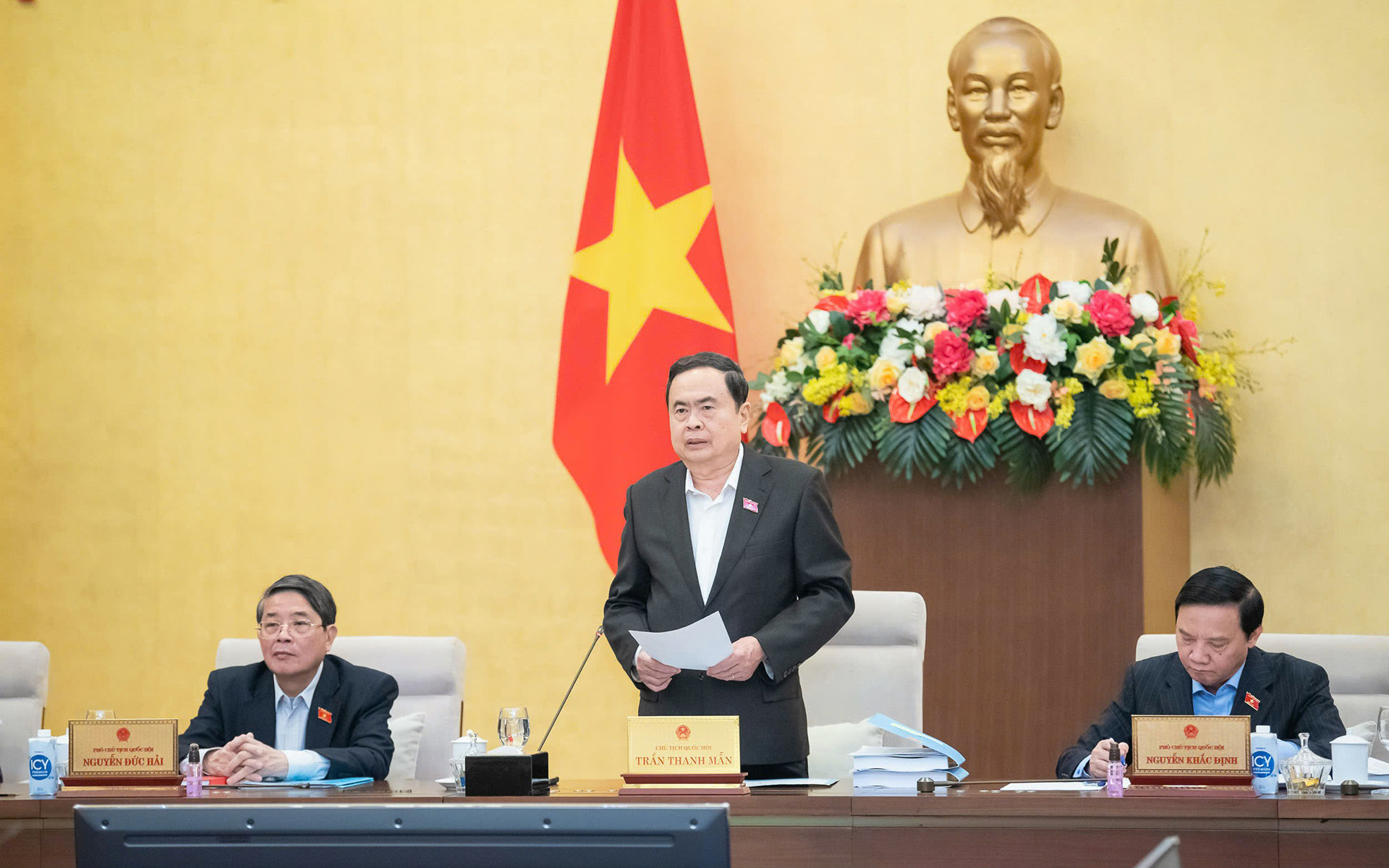
The National Assembly Chairman suggested a more careful review to find a way to amend the law this time, so that after 3 years of implementation, it can be completely amended.
In addition, he is concerned with the principle of clearly defining the responsibilities and powers of legislative, executive and judicial agencies, as the late General Secretary Nguyen Phu Trong said, "in accordance with their roles and responsibilities." At the same time, he also deals with overlapping issues regarding functions and tasks between agencies.
Referring to decentralization and delegation of power, the National Assembly Chairman mentioned General Secretary To Lam's message: "localities decide, localities do, localities are responsible", the Central Government only creates, the National Assembly supervises, and the Government operates.
“From now on, the National Assembly will not manage the public investment portfolio, nor the money portfolio, but will hand over a block to the Government, and the Government will be responsible for allocating to localities. There will be no more mechanism of asking and giving. The Prime Minister also told me that he will hand over the power to ministries, branches, and localities,” said Mr. Tran Thanh Man.
According to him, there must be transparency in decentralization and delegation. The content of decentralization and delegation must be reflected in the draft Law on Government Organization and the Law on Local Government Organization, and must have a close relationship, be unified, transparent, and synchronous.
“Now we talk a lot about administrative procedures, have we reformed them to make them smooth? We say there is real delegation, but the higher-ups still hold on to it. We delegate, but if we want to do something, we still have to go through the higher-ups,” the National Assembly Chairman stated the reality.
He requested to clarify the response capacity of decentralized agencies, organizations and people, ensure feasibility and avoid shirking responsibility. Because in reality, there are still laws, decrees and circulars, but some localities are determined to act without asking for anything from the central government, not saying it is difficult, but some localities keep complaining about the laws, decrees and circulars.
“I, in the National Assembly, also named and identified many localities that have produced products, high growth, and high budget revenue, but they do not complain. Currently, there is a situation where when things cannot be done, people blame the National Assembly, the Government, decrees, circulars, etc.,” the National Assembly Chairman said, suggesting that the law amendment must be clarified.
Mr. Man said that according to the policy of decentralization and delegation of power, the commune will be very strong in the future. The policy is that the district inspectorate will no longer exist, the district police will no longer exist, and many other units will be similarly arranged.
“Anything that is in the mezzanine area should not be built anymore. One ground floor, two floors, three floors, no more mezzanines,” the National Assembly Chairman said, noting that when focusing on communes, power should be decentralized to communes.
The report clarified some contents later, the Minister of Home Affairs said that the law-making reflects the spirit of innovative thinking in legislative work, so it should be revised synchronously, comprehensively and fundamentally.
Along with submitting draft laws, the Government has prepared three draft decrees regulating the functions, tasks and powers of ministries, ministerial-level agencies; government agencies; and regulations on the organization of specialized agencies under provincial and district People's Committees.
When the National Assembly closes its session, the Government immediately implements the resolution and announces the Government's organizational structure, and implements decrees on functions, powers, and apparatus organization to operate immediately, leaving no legal gaps.
The draft consists of 5 chapters and 35 articles, compared to the current law, reducing 2 chapters and 15 articles and will be submitted to the National Assembly for approval at the extraordinary session next week.
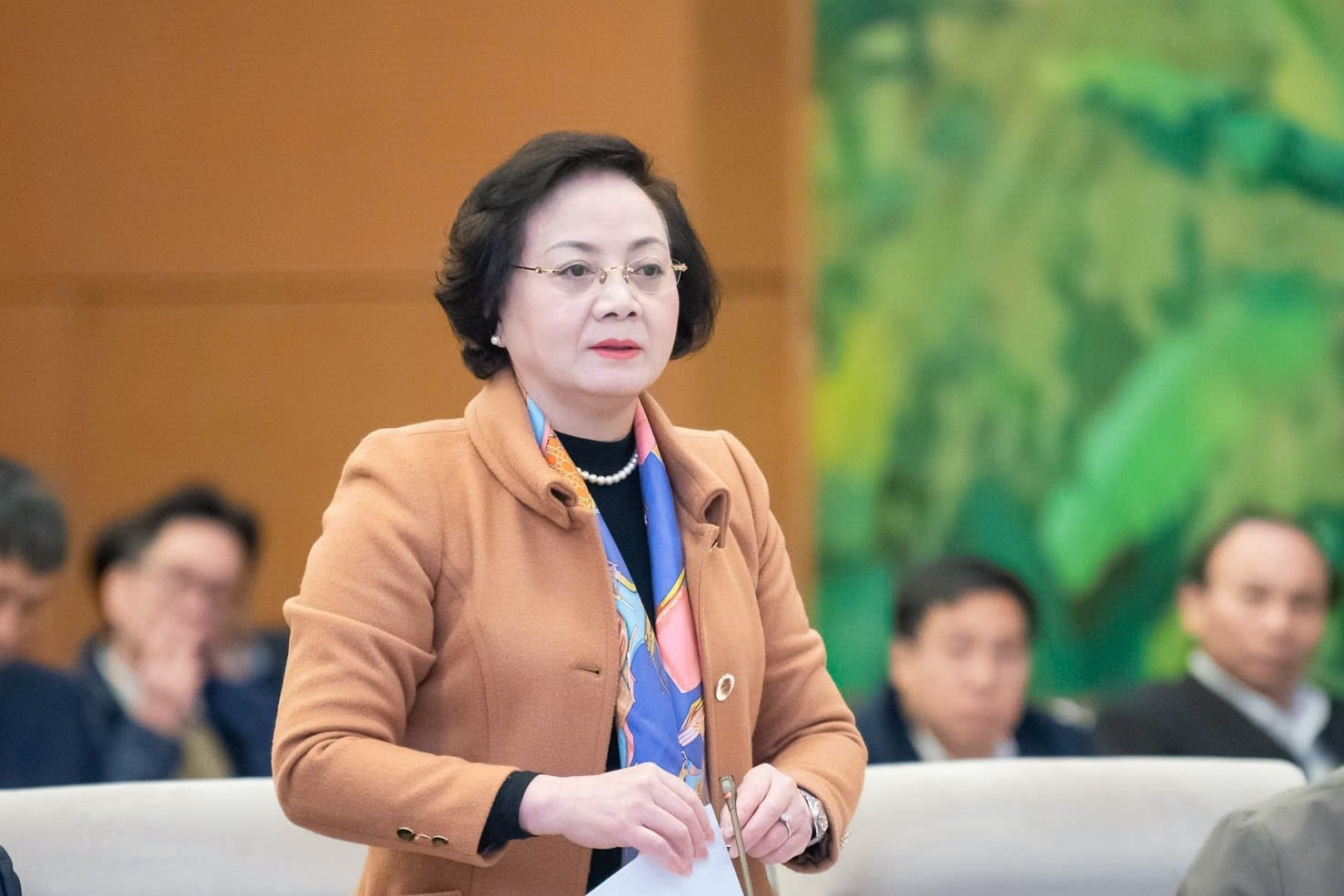
The Government proposed to establish 6 new ministries on the basis of rearranging and merging 11 ministries and branches.
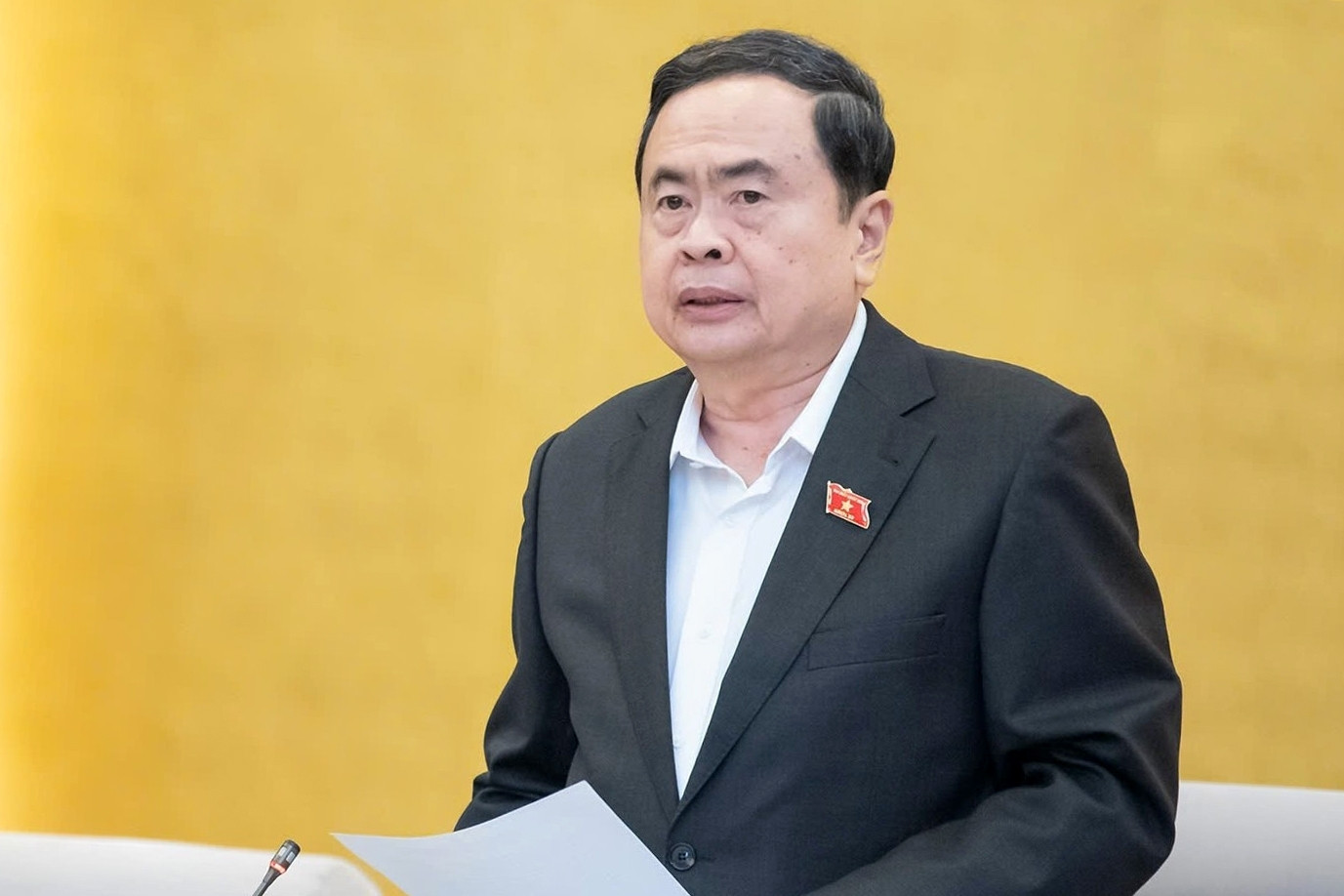
The National Assembly held an extraordinary meeting to perfect its personnel and apparatus.
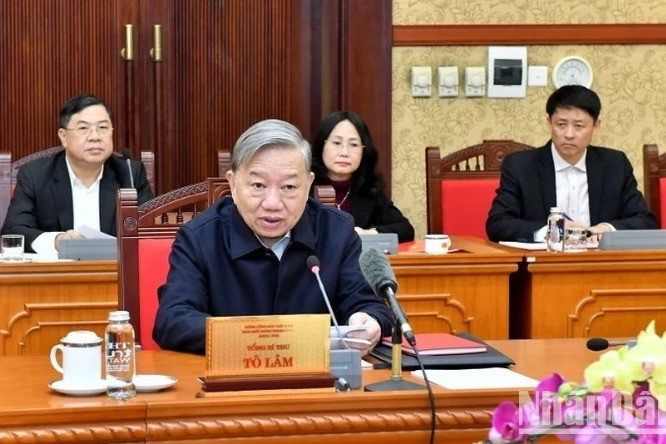
General Secretary: Do not let the situation of celebrating Tet last long and neglecting work
Source: https://vietnamnet.vn/day-manh-phan-cap-phan-quyen-de-chinh-phu-go-kho-dam-bao-lat-mem-buoc-chat-2368618.html





![[Photo] Prime Minister Pham Minh Chinh chairs meeting on nuclear power plant construction](https://vphoto.vietnam.vn/thumb/1200x675/vietnam/resource/IMAGE/2025/10/22/1761137852450_dsc-9299-jpg.webp)
![[Photo] Da Nang: Shock forces protect people's lives and property from natural disasters](https://vphoto.vietnam.vn/thumb/1200x675/vietnam/resource/IMAGE/2025/10/22/1761145662726_ndo_tr_z7144555003331-7912dd3d47479764c3df11043a705f22-3095-jpg.webp)
![[Photo] Award Ceremony of the Political Contest on Protecting the Party's Ideological Foundation](https://vphoto.vietnam.vn/thumb/1200x675/vietnam/resource/IMAGE/2025/10/22/1761151665557_giaia-jpg.webp)
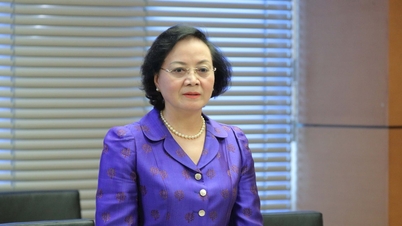

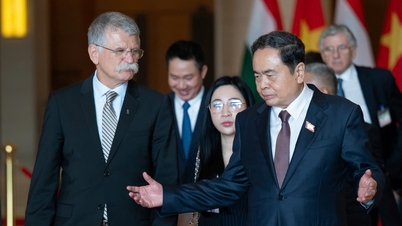
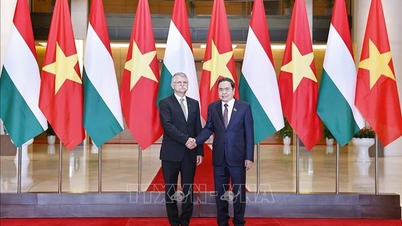

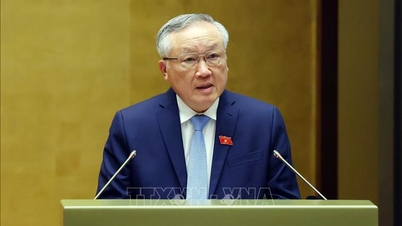
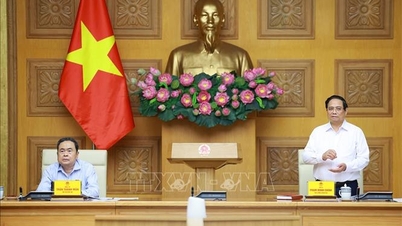
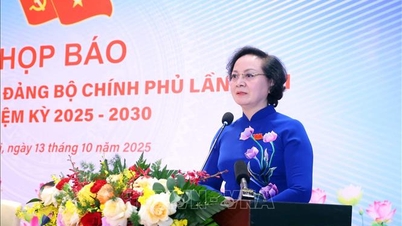

























































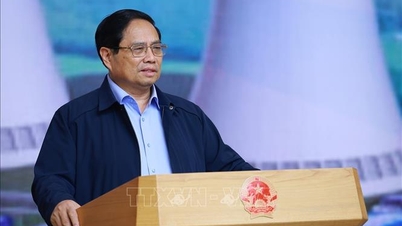




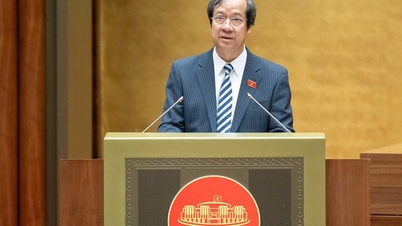




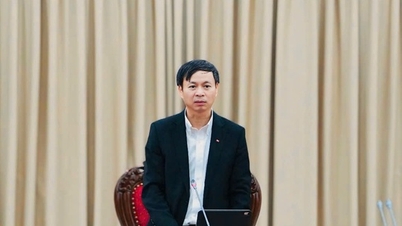







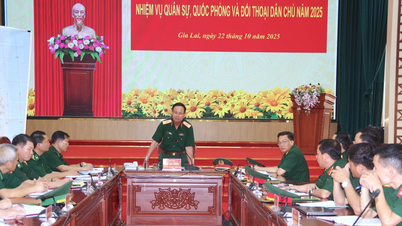

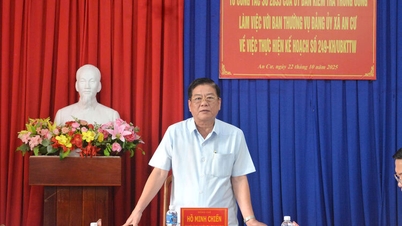















Comment (0)